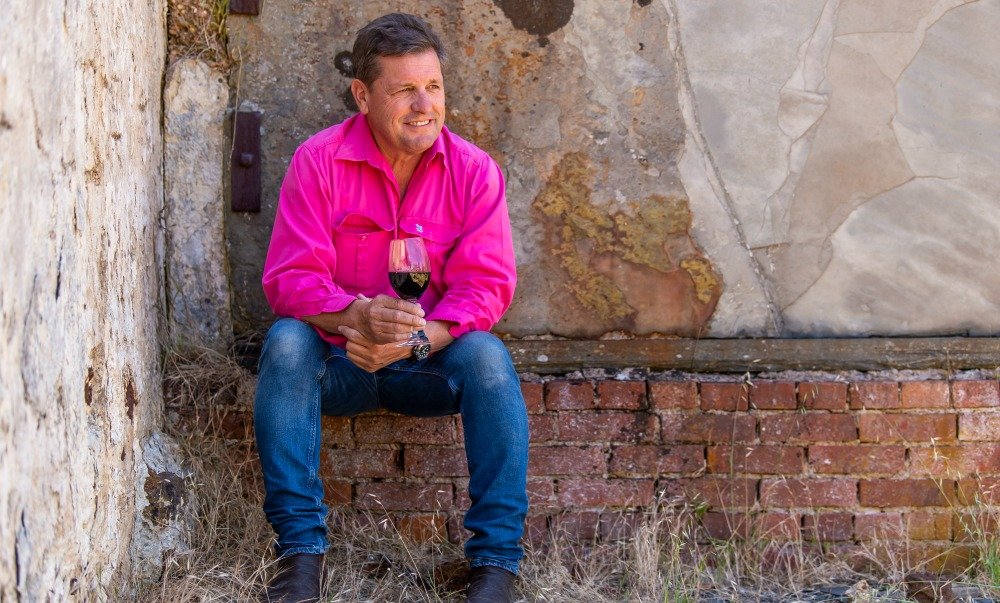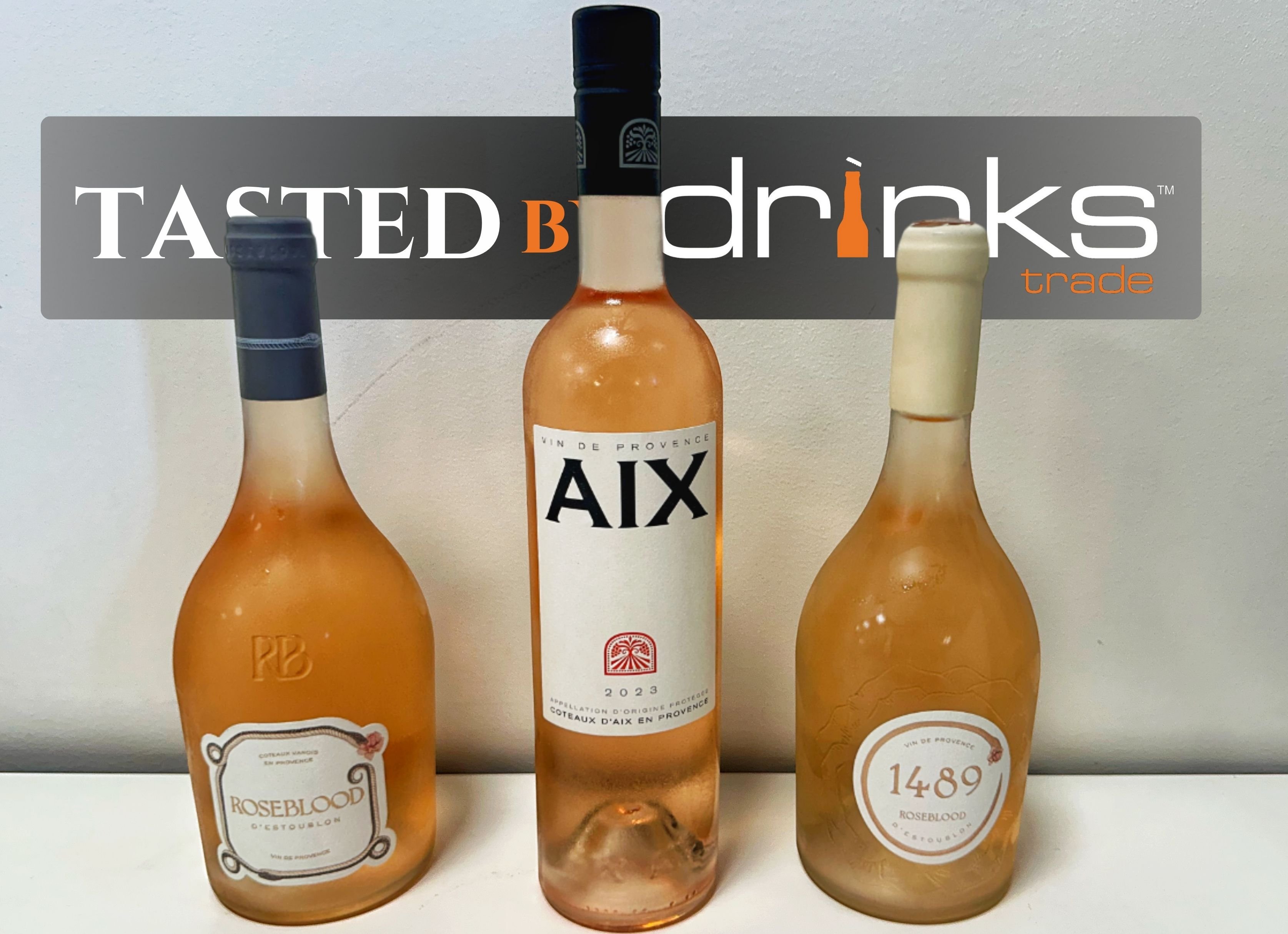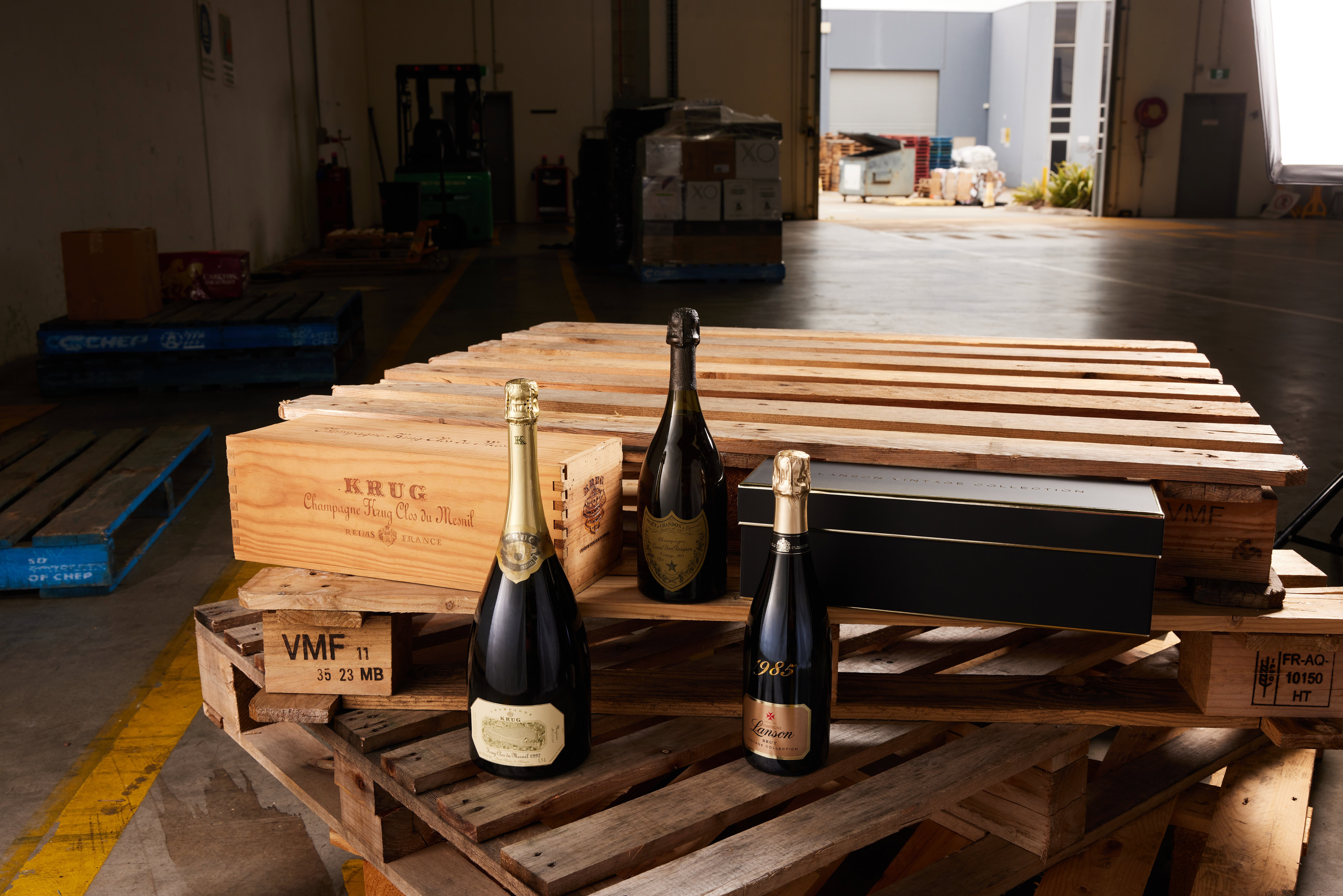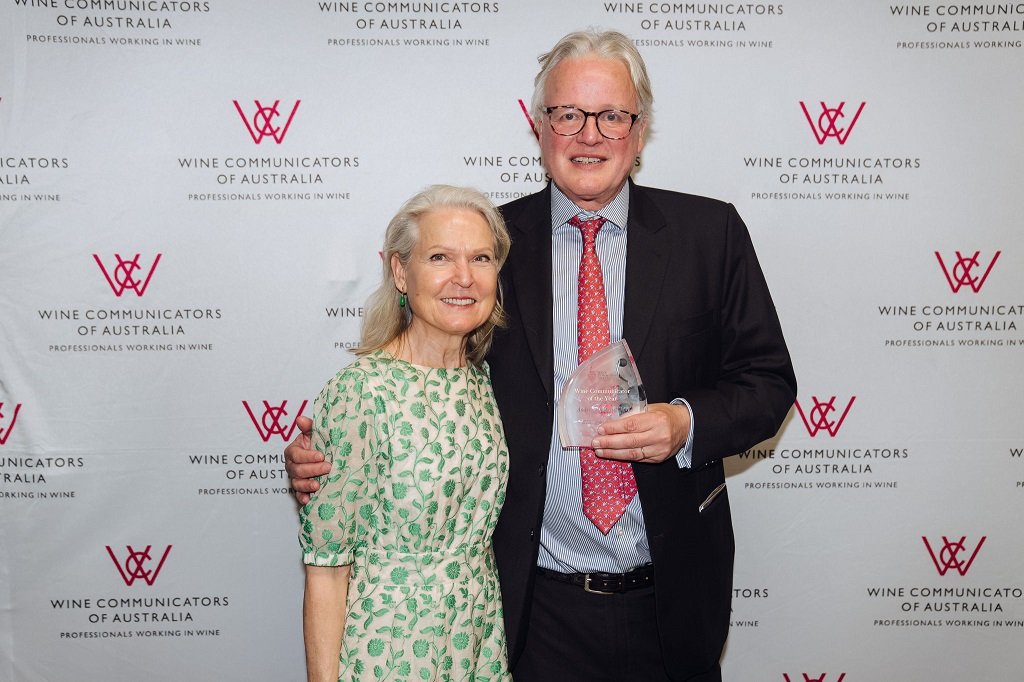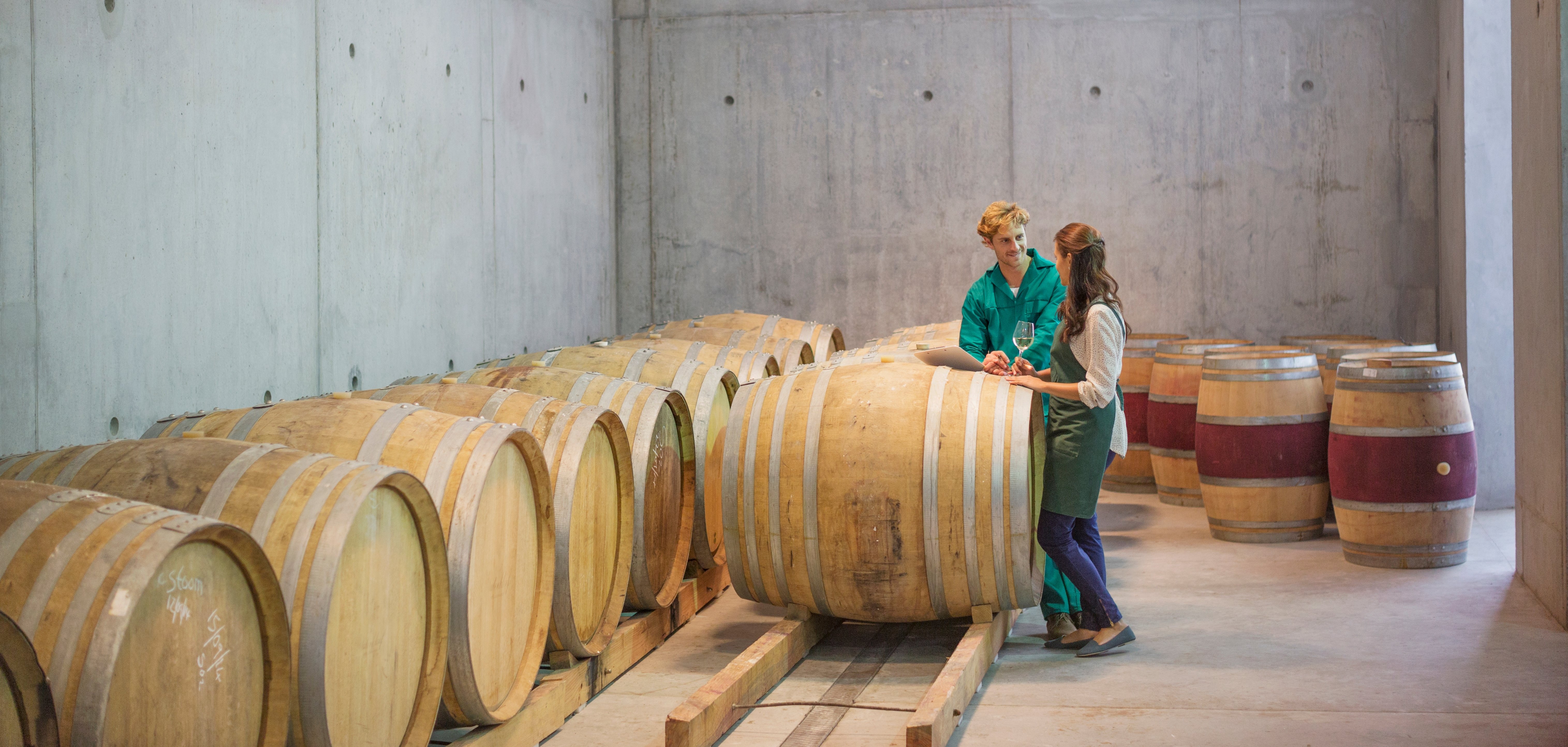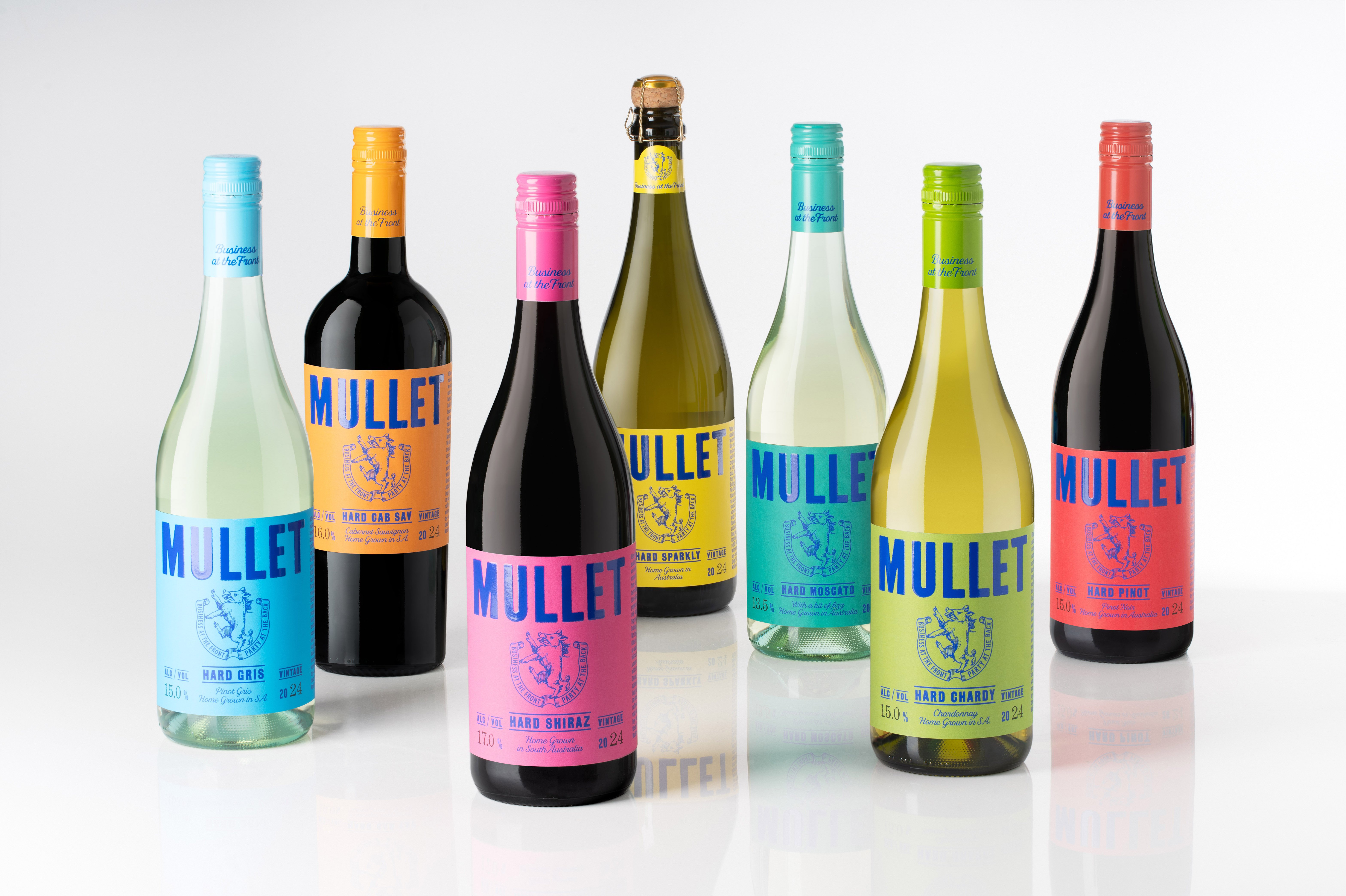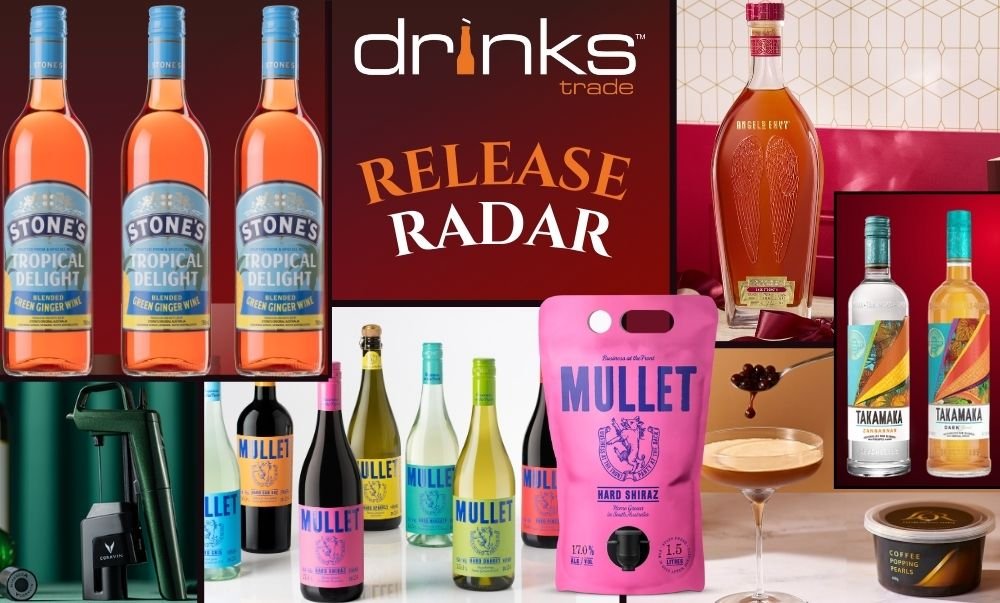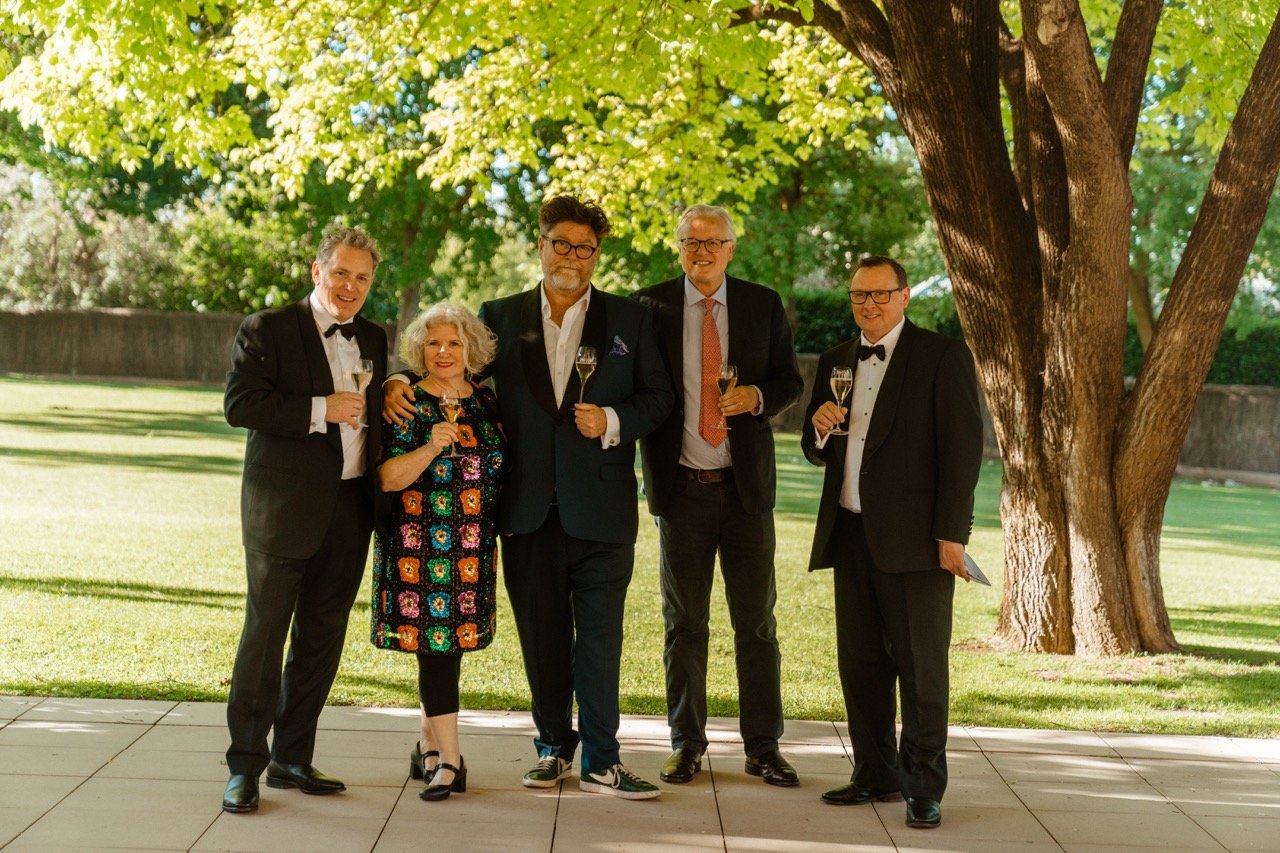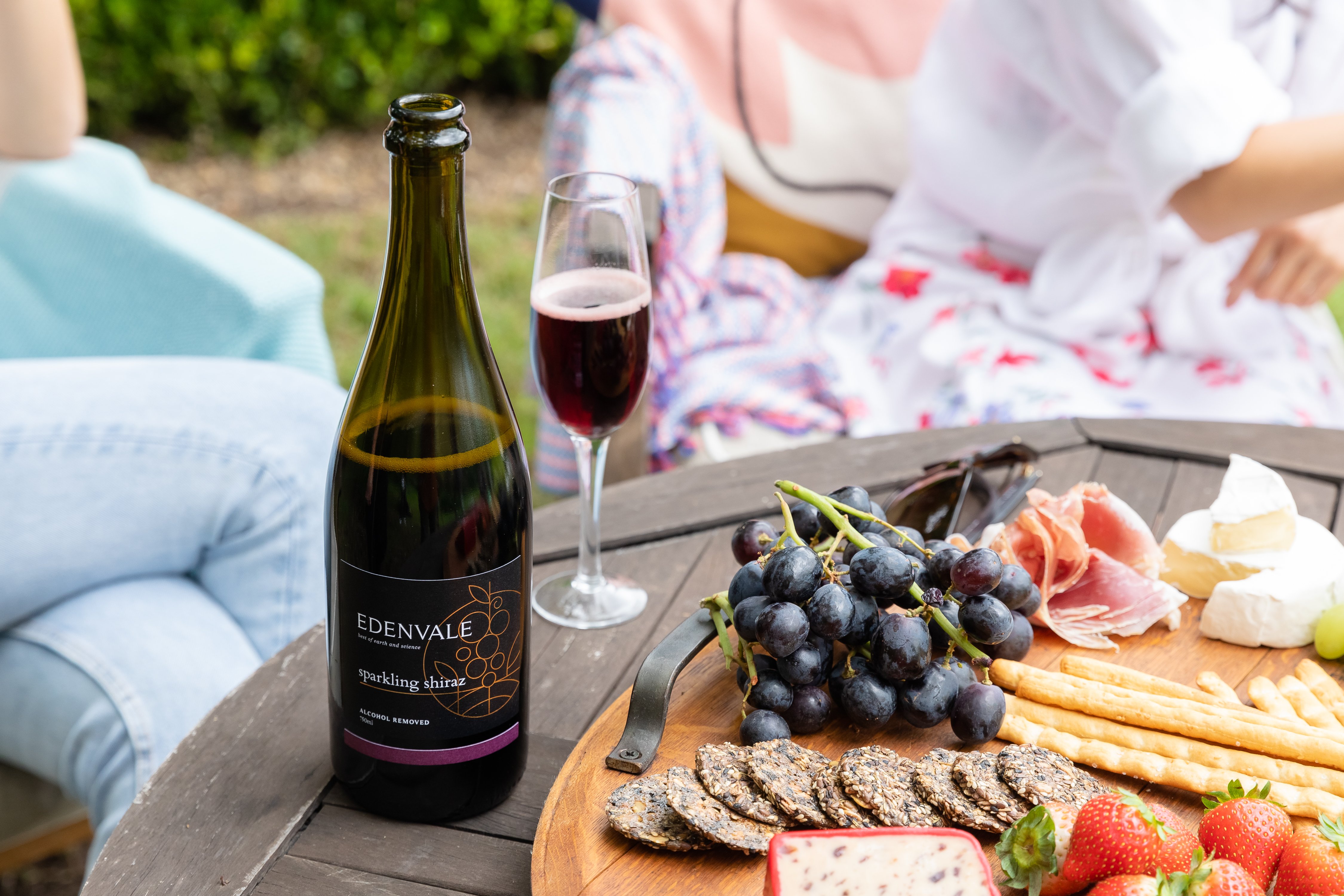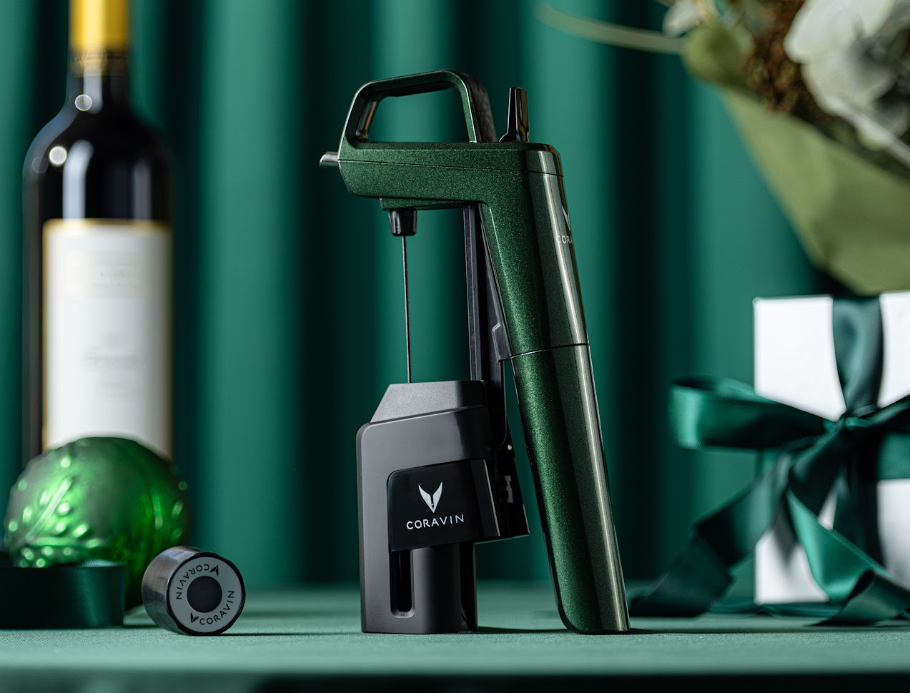After being hidden from the public for two decades, the Ox Hardy range of McLaren Vale wines has finally been released.
Former Petaluma winemaker Andrew ‘Ox’ Hardy's Ox Hardy started the range as a hobby around the turn of the century with his late father Bob. The pair made small amounts of Shiraz from the last remaining 2.54ha block of 1891 Ancestor Vines on their family’s Upper Tintara Vineyard.
The block, planted by Andrew’s great-great grandfather Thomas Hardy, known as the ‘Father of the South Australian Wine Industry’, features some of Australia’s oldest and most valuable vines.
Drawing from these exceptional vines, Hardy persisted in making small amounts of 1891 Ancestor Vine Shiraz each vintage, which he claims to have been ‘a bit like ripping up $100 bills in the shower’.
The limited amounts of hand-crafted wine produced from this block were cellared until the first release this month.
Drinks Trade sat down with Hardy to ask how it feels to share his wines with Australia.
What inspired you to persist with your 1891 Ancestor Vine Shiraz each vintage despite it sometimes feeling like an expensive folly?
It was a hobby of love that made me start making the Ancestor Vine Shiraz in the first place, but I didn't have a brand or anywhere to sell the wine so basically from 2008 I was just bottling it, storing it and setting it aside. The 1891 Ancestor Vine is an incredibly expensive and valuable fruit - I didn't want to lose it and I wanted to keep doing it. But there was, of course, a lot of outlay involved. Expensive fruit, bottling, winemaking and everything else involved, but with nowhere to sell it to regain the costs. So it very much felt like throwing money down the drain!
Was it hard to hide the wine away for 20 years?
It wasn't really an active decision to not do anything with it, it was just a matter of getting around to it. The fruit was beautiful and I wanted to make the wine, even though I didn't have a brand or anywhere to sell it. I hoped that one day I would figure out what to do with it, it just took me a lot longer than I thought. But fortunately the wait paid off.
Has it been exciting to see the reaction to your wines after hiding them away for so long?
Absolutely - it's been fantastic to show people the wines after all this times and the reactions have been amazing. The story itself is so compelling with the history of the vineyards and the winery so it's been such a relief that people are as excited as we are. Because the wine is so limited, we haven't been able to send it en masse, so I've almost always been showing people the wine first hand. That can be incredibly nerve wracking because you're getting their real reactions and opinions, but it makes it all the more gratifying when they love it.
Did you always feel that winemaking was in your blood? Was there ever a moment when you considered a different career path?
I'm a fifth generation winemaker - my dad was a winemaker, my great great grandfather was winemaking royalty. That being said, when I left school, I actually went to the University of Adelaide to study Agricultural Science. I wanted to be farmer, not a winemaker. But then I was working as a jackeroo on a sheep farm up in Deniliquin one day and I had an epiphany. I woke up one morning and went "I want to be a winemaker." So I came back to Adelaide and have been doing it ever since.
What are your thoughts on the Barossa Shiraz boom – is it changing the way people are making Shiraz?
I think it's fantastic. Barossa is taking Australian red wine to the world and getting people all over the globe to drink and associate Australia with quality red wine. Barossa Shiraz is definitely a different style to McLaren Vale - its much bigger and richer while McLaren Vale Shiraz is spicier and more elegant. But to be honest, nobody can mimic the Barossa Shiraz, so I don't think it's changing the way we make wine. It just means that with all the other areas doing Shiraz (and there are a lot), there's a huge breadth. If you want bigger, you go to Barossa, if you want lighter, you go to the cooler climates.
What’s the best setting to enjoy an Ox Hardy wine?
I'm a pretty simple guy. They're easy drinking so I think they pair well with a Sunday afternoon or BBQ with friends. The wines have a softness and gentleness to them, so they're not too overpowering - makes them a good lunchtime drink.
What foods do you enjoy matching with your wines?
I generally go for red meat, game or BBQ chicken as opposed to lighter more delicate dishes. But that's just my preference or usually the mood I'm in. I'm a firm believer of, if you feel like drinking Shiraz with fish, go for it. The great thing about the Ox Hardy Shiraz is they're generous and quite gentle so they can be quite easy to food match.
What’s next for Ox Hardy?
We've only just started so there's lots more still to come. Our next big focus will be getting out the next vintage as well as releasing our Grenache and Slate Fermented Shiraz, which I made using the original open slate fermenters - for the first time in 95 years. It's still early days though, so in the next few years we'll be exploring the vineyard more and figuring out what else we can do with it.
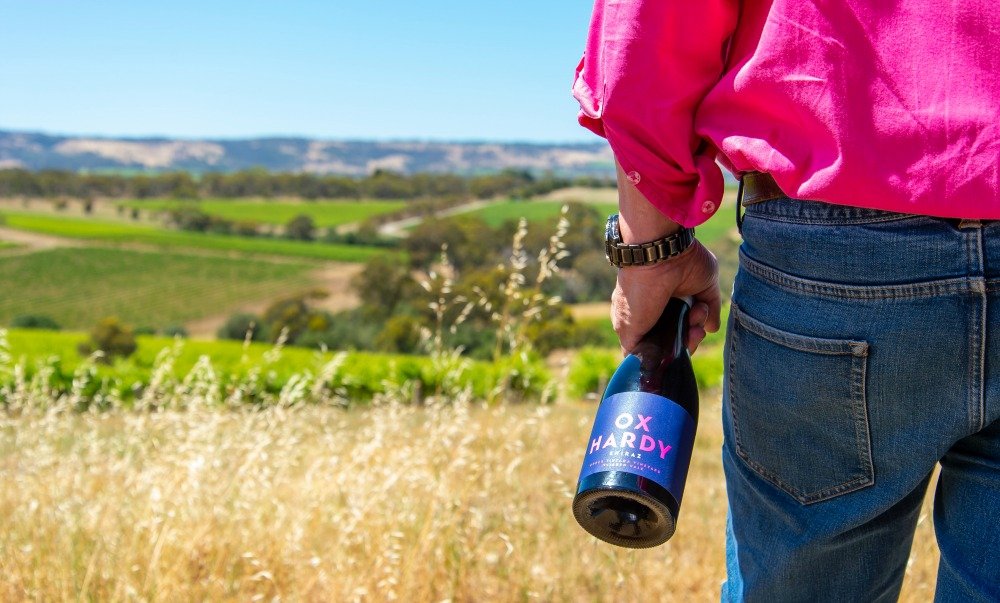
Ox Hardy Wines 1891 Ancestor Vine Shiraz: 2008 Vintage RRP $225; and Upper Tintara Vineyard Shiraz: 2016 Vintage RRP $38 are available at selected premium retailers around Australia.
Share the content
